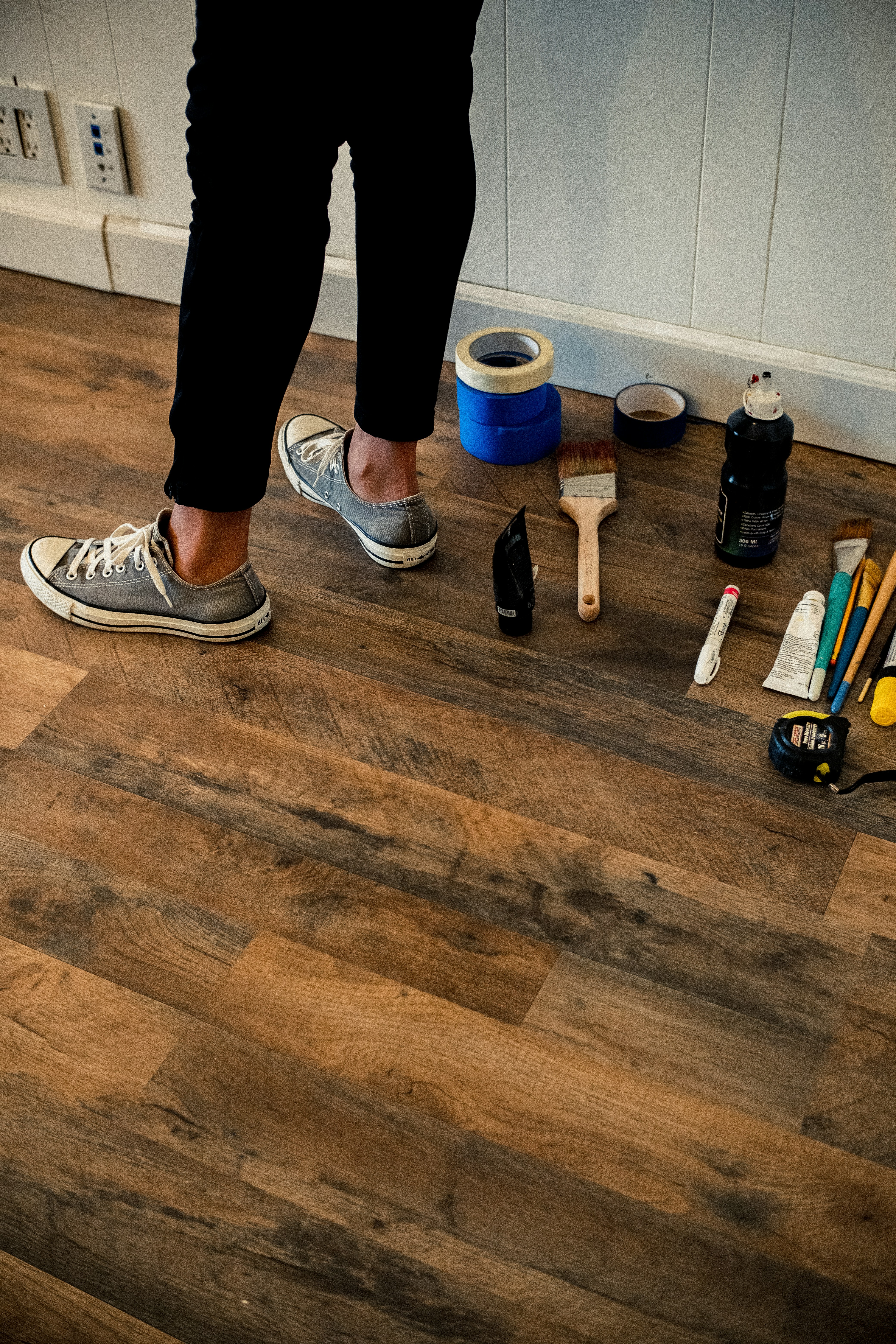Is your heat pump making unusual noises or emitting strange smells? Perhaps you’ve noticed an increase in heating and cooling costs? If so, it might be time to consider a repair. This article provides a comprehensive guide on dealing with the issue. From yearly maintenance and servicing to prevent expensive issues, to handling problems once they arise, you’ll find expert advice and practical tips. The professionals described in this article are keen to help restore your heat pump to peak performance, potentially saving you the cost of full unit replacement. Benefit from their extensive expertise across all brands and types of heat pumps and enjoy optimal heating and cooling in your home.

Understanding the Symptoms of a Malfunctioning Heat Pump
Understanding the symptoms of a malfunctioning heat pump is crucial to maintaining both the longevity of your appliance and the comfort of your home.
Identifying abnormal noises
If your heat pump begins to make noises it doesn’t typically make, it might be signaling an issue. Unusual clinking, humming, or squealing sounds aren’t just annoying—they may reveal underlying problems with the unit. In such instances, you should investigate further or call a professional to assess your unit’s condition.
Recognizing odd smell from the heat pump
A smell emanating from your heat pump is another sign of potential malfunction. Heat pumps should not emit any apparent odors. If you notice an odd smell—something akin to burning plastic or other toxic scents—you should turn off the unit and call a professional immediately.
Observing increased heating and cooling costs
If your heating and cooling bills have suddenly increased, your heat pump may not be functioning efficiently. An unexpected spike in your bill usually suggests that your heat pump is working harder than it should to maintain your desired indoor climate.
Deciding When to Repair Your Heat Pump
Deciding when to repair your heat pump shouldn’t be a daunting task. Remember, the goal is to maintain your unit’s efficiency while keeping the costs of operation and repair as low as possible.
Noticing changes in the heat pump’s functioning
Changes in your heat pump’s performance are a clear signal that you may need repairs. If your home isn’t as comfortable as it used to be, or the unit takes longer to heat or cool your space, you should consider repairing your heat pump.
Establish when service and maintenance were last performed
Keeping track of your heat pump’s service and maintenance history is a good rule of thumb. Regular maintenance is the key to keeping your unit functioning optimally. If it’s been a while since your last maintenance check, it might be time to schedule one.
Understanding your heat pump’s lifespan
Knowing the average lifespan of your heat pump is essential. If your unit is nearing its average life expectancy and experiencing issues, it may be more cost-effective to replace rather than repair.
Steps to Repair Your Heat Pump
Once you’ve decided to repair your heat pump, there are several steps you need to follow to get your unit up and running again.
Assessing the Unit
The first step in repairing a heat pump is to assess the unit thoroughly. Identify what is working well and what is not. This initial diagnosis will shape the course of the subsequent repair work.
Identifying the Source of the Problem
The next step is to identify the root cause of the malfunction. Recognizing the source of the problem is pivotal in determining the necessary repairs for your heat pump.
Ordering and Replacing Necessary Parts
After identifying the problem, you may need to order parts for the repair. Always ensure you’re getting the correct parts for your specific model.
Comprehending the Repair Process
Understanding the repair process will minimize any apprehensions or uncertainties you may have about having your heat pump serviced.
What to Expect When a Professional is Called
When you call a professional, you can expect them to assess your unit, pinpoint the problem, discuss the necessary repairs with you, and provide a quote for the repairs.
How Long a Typical Repair Takes
The duration of a repair will depend on the extent and nature of the malfunction. Some repairs can be completed in a single visit, while others may require ordering parts and multiple visits.
Understanding Possible Delay Causes
Understanding possible reasons for delays—such as the need to order parts—can help set your expectations and prepare you for all eventualities.

Contacting Professional Service
When it comes to repairing your heat pump, it is advisable to hire a professional to avoid any potential mishaps that may happen if you try to fix the problem yourself.
Determining When to Call a Professional
Call a professional if you notice unusual sounds, smells, or an increase in your heating and cooling bills. Also, if your heat pump isn’t providing desired comfort, it’s time to give them a call.
Choosing a Reliable Repair Service
It’s essential to choose a reliable repair service. Look for companies with a solid reputation for quality service and positive reviews from satisfied customers.
Importance of Qualified Technicians
Qualified technicians have the expertise to diagnose issues accurately and perform necessary repairs, ensuring that your heat pump runs efficiently post-repair.
Preventative Measures for Future Problems
To avoid future malfunctions with your heat pump, some preventative measures are necessary.
Maintaining Your Heat Pump
Regular maintenance of your heat pump is crucial to its proper functioning. This process involves routine checks and cleaning components as needed.
Keep a Regular Service Schedule
Keeping a regular service schedule will ensure that any minor issues are caught and addressed early before they escalate into significant, costly problems.
Importance of Yearly Check-ups
Yearly check-ups of your heat pump go a long way toward preventing malfunctions as technicians will be able to spot any potential issues during these inspections.

Impact of Repair on Heat Pump Performance
Repair work greatly influences the overall performance of your heat pump.
Enhanced Efficiency Post Repair
One of the most significant benefits of repairing your heat pump is enhanced efficiency. Once the issues have been appropriately addressed, your unit should function as effectively as it did initially.
Lower Operating Costs After Repair
After the necessary repairs, your unit’s operation should require less energy. This improvement will reflect on your energy bills.
Increased Lifespan of the Unit After Repair
By addressing problems promptly, and ensuring the heat pump operates as it should post-repair, you improve its performance and prolong its lifespan.
Cost-Analysis: Repair Versus Replacement
Not surprisingly, cost is often the deciding factor when determining whether to repair or replace your heat pump.
Estimating Repair Costs
Before undertaking any repair work, it’s helpful to get an estimate of the costs involved. This step will help you budget appropriately for the process.
Identifying When Replacement is More Cost effective
If repair costs approach or exceed half the price of a new unit, or if your heat pump is nearing the end of its lifespan, it might be more cost-effective to replace it.
Balancing Repair costs with Energy Savings
Consider the improved efficiency and the potential energy savings a repaired or new unit will bring while deciding on repair or replacement. Sometimes, the energy cost savings may justify the repair costs.
Understanding Your Heat pump’s Warranty
Before starting any repair work, take some time to understand your heat pump’s warranty. It might cover some or all of your repair costs.
Terms and Conditions of the Warranty
Review your warranty’s terms and conditions to understand what is included and excluded in the coverage.
What is Typically Covered Under Warranty
Generally, warranties cover most parts of the heat pump, but they typically don’t cover the costs of labor. Make sure you know what your warranty specifically covers.
Duration and Validity of the Warranty
Understand the duration and validity of your warranty. It’s necessary to know when your coverage starts and ends, and what can make your warranty void.
Post Repair Care and Maintenance
Lastly, post-repair care and maintenance are crucial tasks to ensure the longevity and efficiency of your heat pump.
Serialized Services Post Repair
After a repair, serialized services like regular check-ups and maintenance can help you avoid future issues and ensure optimal performance.
Regular Check-ups and Maintenance Schedule
Keep a regular check-up and maintenance schedule post-repair. These routines can help prevent future problems and keep your heat pump in top shape.
Handling Minor Issues after Repair
After your heat pump has been repaired, you should promptly address any minor issues that arise to prevent them from escalating into major problems.

